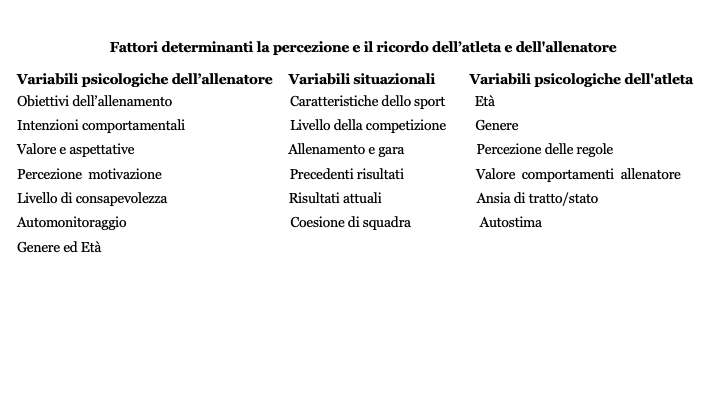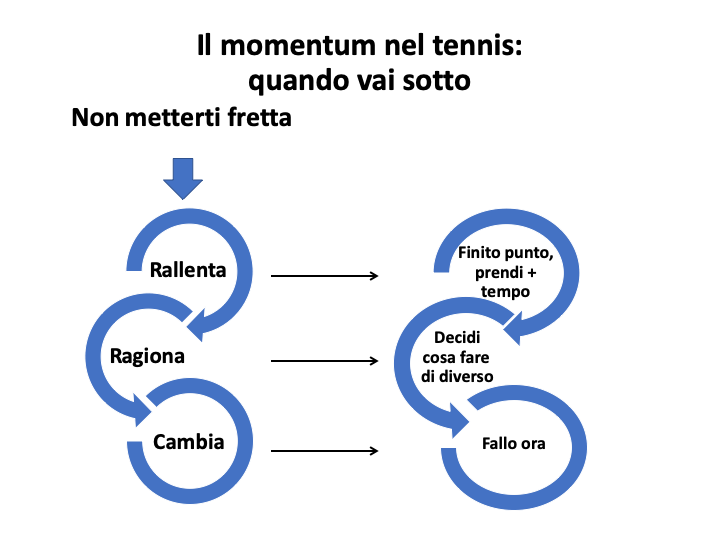Coach education at any level is an ever green topic. The risk we run is that we lose the awareness of the essential elements of this profession, making this type of work more and more complex in order to achieve increasingly effective levels of leadership. In my opinion, however, from Pep Guardiola to the youngest coach, there are at least 4 dimensions that must be showed by coaches.
Environment - The training environment must be task oriented, the coach accordingly provides feedback on commitment and intensity as well as technical/tactical aspects.
Rules - Sharing and respecting the rules is an essential factor in group management.
Technical-tactical instruction - The coach must teach the athletes by providing continuous information on the typical aspects of the sport practiced.
Encouragement - While the coach tends to be directive in teaching content, at the same time the athletes must feel that they are being supported in an equally obvious way.








